Counterattack by Cuban Revolutionary Armed Forces supported by T-34 tanks near Playa Giron during the Bay of Pigs invasion, 19 April 1961. Photo: Rumlin. CC BY 3.0 DEED.
William King “Bill” Harvey was a former FBI agent who became a CIA officer in charge of the Berlin Operations Base and the Operation Mongoose against Cuba. He was known as “America’s James Bond” by Edward Lansdale, a fellow CIA officer and friend. He also had a reputation for heavy drinking, smoking, swearing, womanizing, and carrying a revolver.
He was born on 13 September 1915, in Cleveland, Ohio, and grew up in Danville, Indiana. He was an Eagle Scout and graduated from Indiana University Law School with honors in 1937. He married Libby McIntire in 1938, but they divorced in 1954. He then married Clara Grace Follick, a former CIA personnel officer and the first woman to attain the rank of major in the US Army. They had a son and an adopted daughter.
Harvey joined the FBI in December 1940 and specialized in German and Soviet counterintelligence during World War II and its aftermath. He resigned from the FBI in July 1947 after refusing a demotion and reassignment for breaking a regulation on being available on two-hour call. He was recruited by the CIA shortly after and founded Staff D, the electronic surveillance branch of the Clandestine Service Division. He was one of the first to suspect that Kim Philby was a Soviet spy and demanded his removal from MI6 liaison in 1951. He also had a physical altercation with Guy Burgess, another member of the Cambridge spy ring, at a party in 1950.
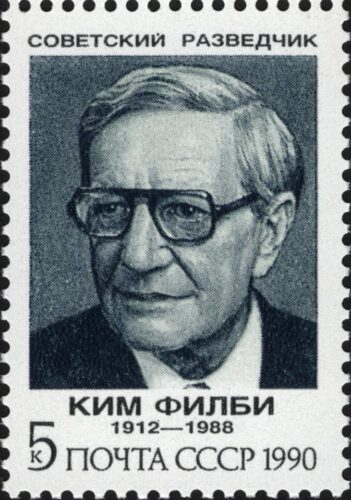
The Cambridge spy ring, also known as the Cambridge Five, was a group of five British spies who passed information to the Soviet Union during World War II and the Cold War. They were active from the 1930s until at least the early 1950s. None of them were ever prosecuted for spying. The group consisted of Donald Maclean, Guy Burgess, Kim Philby, Anthony Blunt, and John Cairncross. They were recruited by Soviet intelligence when they were studying at the University of Cambridge.
Harvey was posted to West Berlin in 1952 and led the construction of a tunnel to tap into Soviet communication lines from 1954 to 1956. The Berlin Tunnel project (also known as Operation Gold by the Americans and Operation Stopwatch by the British) was a joint operation conducted by the CIA and MI6 to tap into landline communication of the Soviet Army headquarters in Berlin using a tunnel into the Soviet-occupied zone. The tunnel was 1,476 feet long and ran from a US Air Force radar site and warehouse in West Berlin to a telephone junction in East Berlin where three cables came together close to the border of the American sector. British technicians installed the taps, and collection began in May 1955. The taps produced enormous amounts of data for almost a year: 50,000 reels of tape, 443,000 fully transcribed conversations, 40,000 hours of telephone conversations, and 6 million hours of teletype traffic.
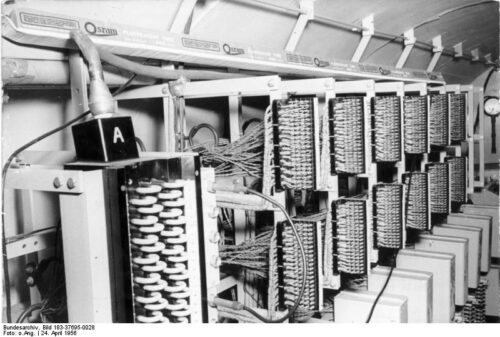
Unknown at the time to the CIA and MI6, the KGB had been aware of the project from its start through their mole George Blake inside MI6. But to protect Blake, the KGB allowed the operation to continue until April 1956 when they “accidentally discovered” the tunnel while supposedly repairing faulty underground cables, without putting Blake at risk The Soviets planned to win a propaganda victory by publicizing the operation, but their plan backfired when most press coverage marveled at the audacity and technical ingenuity of the operation.
Harvey was transferred to Washington DC in 1960 and became chief of Task Force W, the CIA’s covert operations against Cuba. He oversaw Operation Mongoose. The operation was officially authorized on November 30, 1961 by President John F. Kennedy and was run out of JMWAVE, a secret CIA station in Miami that operated from 1961 to 1968. It was the headquarters for covert operations and intelligence gathering against Cuba, especially Operation Mongoose, also known as the Cuban Project, which aimed to overthrow Fidel Castro’s regime. JMWAVE was located on the South Campus of the University of Miami, which leased some buildings to the CIA. JMWAVE was one of the largest CIA stations in the world, with hundreds of agents and thousands of Cuban exiles on its payroll. It also had many front companies throughout South Florida that served as cover for its activities.
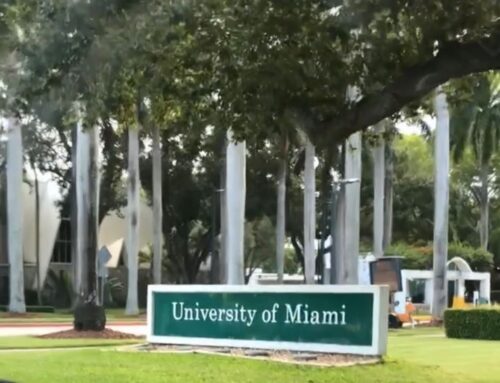
Operation Mongoose was the code name for a covert program of attacks and sabotage against Cuba, authorized by President John F. Kennedy in 1961. The operation involved creating an organization of exiled Cubans to manage opposition programs, developing an intelligence gathering network inside Cuba, and developing a paramilitary force to be introduced into Cuba to organize, train and lead resistance groups against Castro. The removal of Castro was a prime focus of the Kennedy administration. The operation was unsuccessful and was terminated in 1963 after the Cuban Missile Crisis, which brought the world to the brink of nuclear war.
Harvey was also involved in the ZR/RIFLE program, a secret CIA project to develop assassination capabilities against foreign political leaders or individual deemed to be a threat to the United States. It was initiated in November 1961 by Harvey. The project was part of a larger effort to overthrow Fidel Castro and his regime in Cuba, which involved several attempts to poison or kill him. Harvey allegedly recruited several agents and collaborators, including organized crime figures Johnny Roselli, Sam Giancana and Santo Trafficante, who had contacts in Cuba and offered to kill Fidel Castro, and David Sanchez Morales, a CIA operative.
The ZR/RIFLE program was also linked to the assassination plots against Patrice Lumumba, the prime minister of Congo, and possibly other targets. It was exposed by the Church Committee, which considered it as a violation of the Constitution and international law, which prohibit targeted killing without due process or imminent threat..
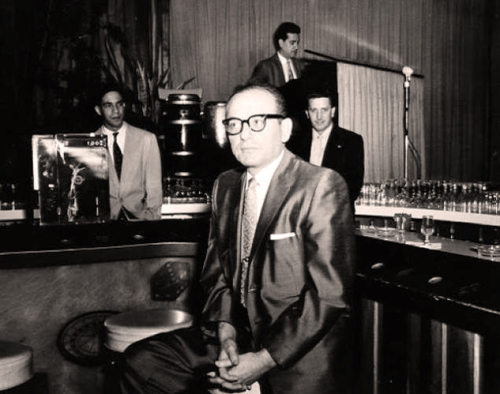
The Church Committee (formally the United States Senate Select Committee to Study Governmental Operations with Respect to Intelligence Activities) was a US Senate select committee in 1975 that investigated alleged abuses by the CIA, NSA, FBI, and IRS. The committee’s efforts led to the establishment of the permanent US Senate Select Committee on Intelligence and the passage of the Foreign Intelligence Surveillance Act (FISA) in 1978.
The Foreign Intelligence Surveillance Act of 1978 (FISA) is a United States federal law that establishes procedures for the surveillance and collection of foreign intelligence on domestic soil. FISA regulates certain types of foreign intelligence collection including certain collection that occurs with compelled assistance from US telecommunications companies. FISA also created a special court, known as the Foreign Intelligence Surveillance Court (FISC), to oversee and authorize requests for surveillance warrants by federal law enforcement and intelligence agencies. FISA has been amended several times since its enactment, most notably by the USA PATRIOT Act of 2001 and the FISA Amendments Act of 2008, which expanded the scope and powers of surveillance under FISA.
Harvey was removed from Task Force W in October 1962 after the Cuban Missile Crisis and reassigned to Rome as station chief. He retired from the CIA in 1971. He was awarded the Distinguished Intelligence Medal and the Intelligence Star for his service. He moved to Santa Barbara, California, where he taught history and political science at Santa Barbara City College for five years. He died in Indianapolis on 9 June 1976, from a heart attack, at the age of 60. He had testified before the Church Committee on some of the CIA’s past operations a year before his death.
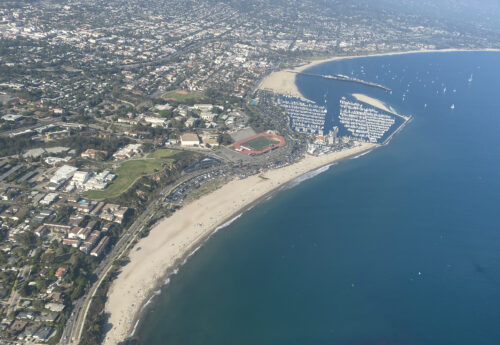
*The views and opinions expressed on this website are solely those of the original authors and contributors. These views and opinions do not necessarily represent those of Spotter Up Magazine, the administrative staff, and/or any/all contributors to this site.

